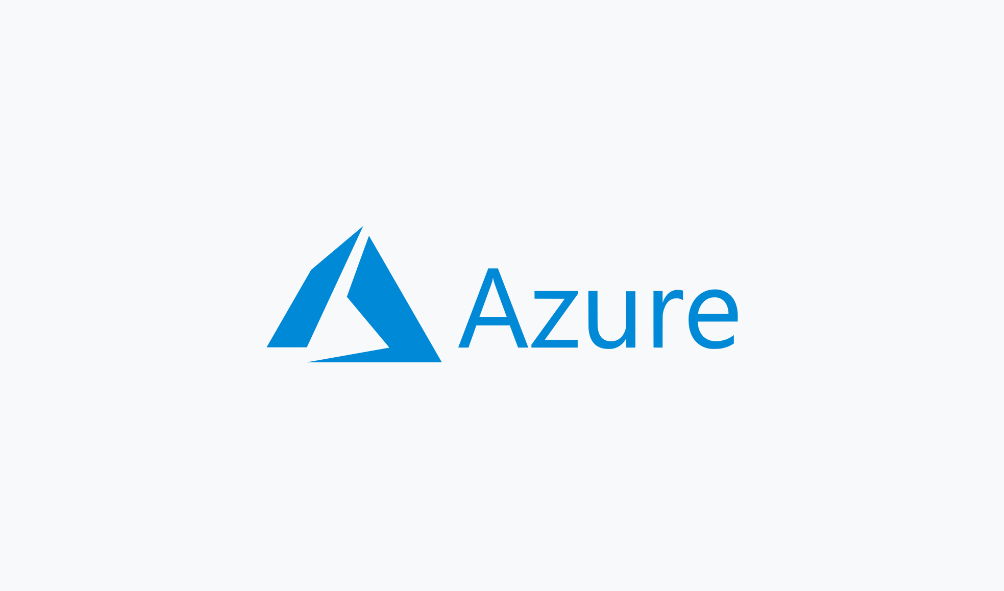When it comes to selecting a way of hosting your databases in the cloud, businesses now have a range of options. Microsoft has continued to enhance the range of platform as service (PaaS) offerings where they do more of the work for more of the fee. Two of the popular choices which we’ll cover in this article are Azure Managed Instance and Azure SQL. While both solutions are designed to provide a scalable and secure database platform, there are some key differences between them that businesses should consider before making a decision.
Azure SQL
Azure SQL is a fully managed database service that is based on SQL Server. It provides a scalable and cost-effective platform for businesses to run their relational databases.
With Azure SQL, businesses can deploy databases in the cloud without the need for hardware or software installation. Azure SQL offers several deployment options, including single databases and elastic pools, which can scale up or down based on business needs.
Azure Managed Instance
Azure Managed Instance, on the other hand, is a new offering from Microsoft that provides businesses with a fully managed SQL Server instance in the cloud. Azure Managed Instance is designed to provide businesses with the benefits of a managed service while maintaining compatibility with on-premises SQL Server workloads. It offers a range of features, including built-in backup and disaster recovery, high availability and automated patching and maintenance.
Differences between Azure Managed Instance and Azure SQL
One of the key differences between Azure Managed Instance and Azure SQL is the level of control businesses have over the database instance. With Azure SQL, businesses have limited control over the database instance, as the service is fully managed by Microsoft. This means that businesses have limited access to the underlying operating system and cannot install custom applications or configure advanced security features.
With Azure Managed Instance, businesses have more control over the database instance. They can install custom applications and configure advanced security features. Azure Managed Instance also supports more advanced SQL Server features, such as cross-database queries and CLR integration.
Another difference between Azure Managed Instance and Azure SQL is the level of compatibility with on-premises SQL Server workloads. Azure Managed Instance is designed to be highly compatible with on-premises SQL Server workloads, making it a good option for businesses that want to migrate their SQL Server workloads to the cloud. Azure SQL, on the other hand, has some limitations when it comes to compatibility with on-premises SQL Server workloads.
In terms of pricing, both Azure Managed Instance and Azure SQL offer a range of pricing options based on usage. However, Azure Managed Instance is generally more expensive than Azure SQL, as it offers more advanced features and greater control over the database instance.
Azure Managed Instance and Azure SQL are both powerful database solutions offered by Microsoft. While both solutions are designed to provide a scalable and secure database platform, they have some key differences that businesses should consider before making a decision. Azure Managed Instance offers greater control and compatibility with on-premises SQL Server workloads, while Azure SQL provides a more cost-effective and fully managed database service.
If you would like to discuss these options in more detail and explore what a migration could look like in your business, then please contact us today or book our Azure migration briefing.




